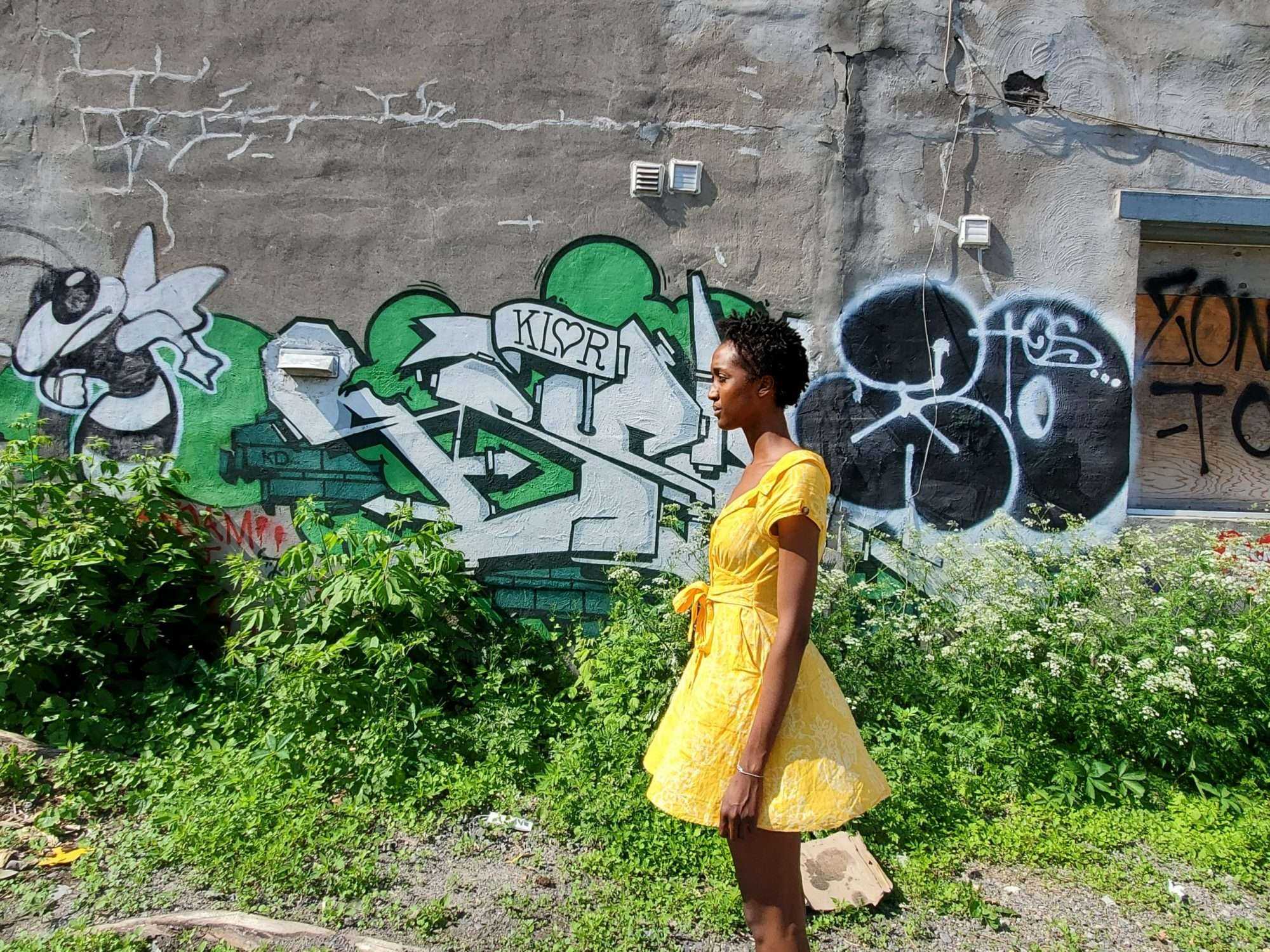on
BY SELINA MCCALLUM
Most Black women have heard the same stereotypes their whole adult life, such as “Black women are always angry.” Director of feature-length documentary, The Myth of the Black Woman, Ayana O’Shun, looks at these stereotypes and speaks to over 20 women on their experience with their identity.
The film explores three stereotypes placed on Black women: the hypersexual Jezebel to the lovable Nurse to the sassy “Bitch.” Experts say the Black community is the minority most affected by stereotypical images created centuries ago.
The women interviewed in the film are all acclaimed leaders in their fields. Their compelling stories are supported by never-before-seen archival footage from the 1800s to the present day.
The film had its World Premiere at the Toronto Reelworld Film Festival on Saturday, October 15th. It was a part of the official and exclusive selection of only 10 feature films that competed for several awards, including Outstanding Feature Film and the Audience Choice Award.
O’Shun is excited for audiences to see her documentary since before Reelworld, only her team had seen the film.
“I’m super excited about the Reelworld Film Festival, because it’s the first time we’re going to have real time feedback of a general audience. So, I’m so looking forward to that. The people from the team who saw it, they were really excited about it. And what I liked is that even White males, who were doing the sound, for example, they were telling me that even then they were touched by the film, because they realize things that they did not know about Black women, and even about women in general.” said O’Shun.
O’Shun’s sister, Bianca, was the producer of the film, and she shares how difficult it was for them to secure funding to finish the film.
“I’m so happy I was with her and that I was not by myself. Because it was a struggle to do the film and secure financing from the get go. And when we decided to do the film with or without the financing, some people told us yes, they would work with us as technicians still. All the women who were interviewed accepted to talk about their lives, and they really opened up their lives to us. So, I was really, really honored to have them. And to have feedback from Bianca, it was perfect. Later on, we got some financing to finish the film, but it’s been something and I’m exhausted, but now I’m better,” said O’Shun.
For the last few years, many projects by Black artists and filmmakers have been made to empower the Black community and share images that go against what the media puts out.
“I’m aware that my film is only a drop in the ocean. It’s only one film among many other that are taking place right now to uplift Black women. The women in the film were interviewed in Montreal, but they all come from different backgrounds. Some are from here from generations to generations, others are from the Caribbean, or they’re from Africa, or they’re from Europe. And for me, it was really important to have this richness of background, because we are everywhere. We’ve been everywhere for centuries. So, I do hope that this film will propel a lot of discussions, a lot of conversations.”
Social media has made it possible for Black women around the world to come together and be a support system for each other.
Now we’re talking about building groups on the internet, for all women to have a space to be able to share all these stories, and to have a space for healing. There are so many resources and it’s important to hold ourselves accountable for the well-being of the group, to help each other move forward. So, for me, the film is a tool for that as well.” said O’Shun.
One of the stories a woman shared in the film was about her colleague inviting her to his home to ‘teach his White wife how to have sex because Black woman are good at it.’
“She is a doctor in psychology, at McGill University, which is a top university in Canada, and one of her colleagues asked her to teach his wife how to be better in bed. No respect for the stature of this woman, she was reduced to a sexual character, because she’s Black.” said The Myth of the Black Woman Director.
O’Shun would like to see more Black storytellers in the film industry.
“Who’s better than us to tell our stories with the more nuances because we’re leading the stories. So that’s what I would like to see, more Black storytellers,” said O’Shun.
O’Shun talks about why she named her film “The Myth of the Black Woman”.
“The myth is actually the three stereotypes, but the aim of the film is to break the myth. We are complex. At the end of the film, I hope people see that Black women have 1,000 stories to tell. There are millions of stories, and there are millions of Black women out there with all their complexities,” said O’Shun.
The Myth of the Black Woman is currently going through its festival run before it will be available for audiences to watch online.
5/5 Stars
Stay in the loop with exclusive news, stories, and insights—delivered straight to your inbox. No fluff, just real content that matters. Sign up today!













